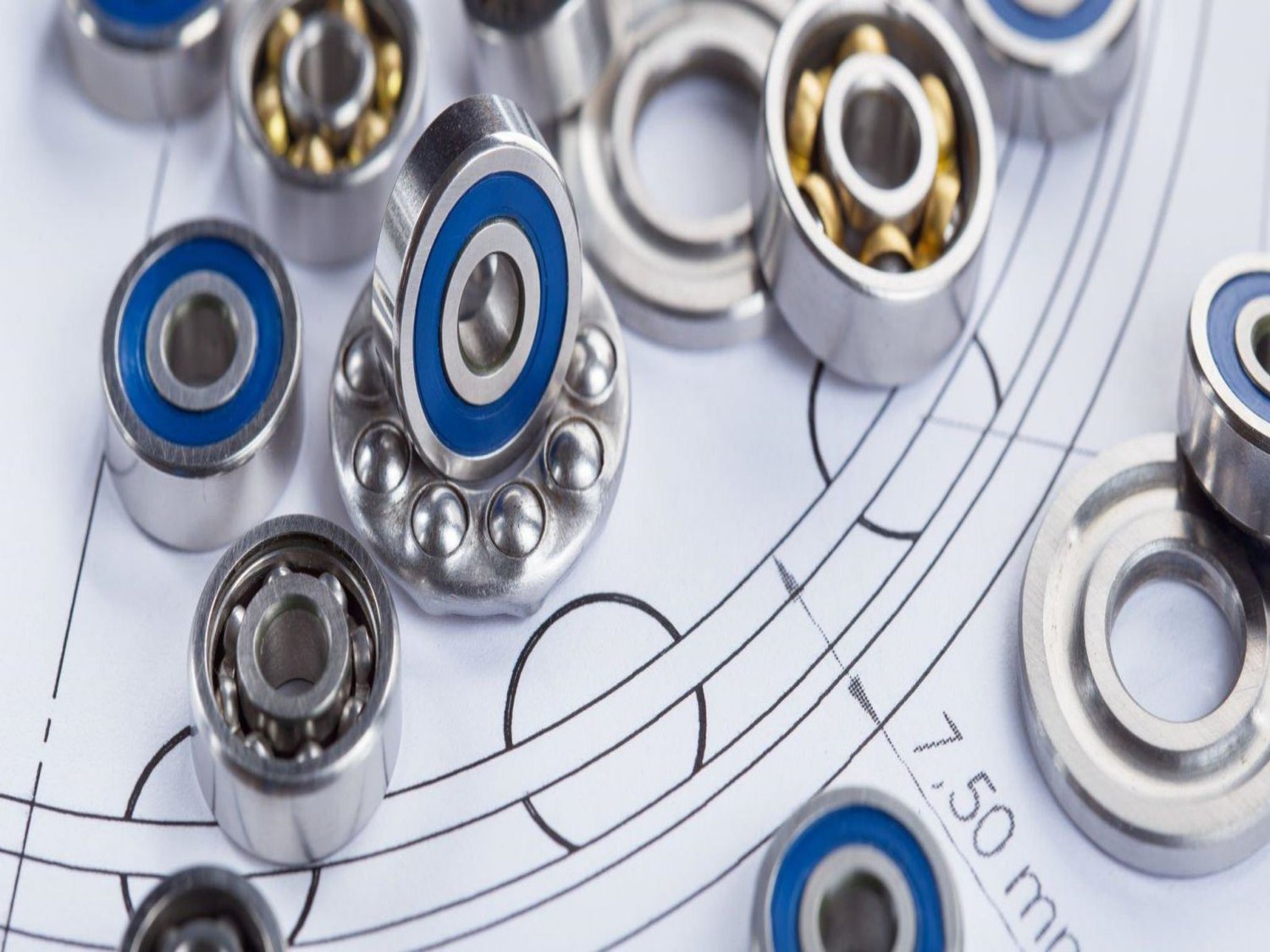Table of Contents

The Basics of Titanium Forging
Titanium forging is a manufacturing process that involves shaping titanium alloys into various desired forms using compressive forces. This technique is commonly used to create strong and lightweight components for a wide range of industries, including aerospace, automotive, medical, and defense. Titanium is an ideal material for forging due to its exceptional strength-to-weight ratio, corrosion resistance, and high-temperature stability. In this article, we will explore the key aspects of titanium forging and why it is an important process in modern manufacturing.
The Advantages of Titanium Forging
Titanium forging offers numerous benefits compared to other manufacturing methods. Firstly, it allows for the production of complex shapes and intricate designs, ensuring precise and customized components. The forging process also enhances the mechanical properties of titanium, resulting in improved strength, durability, and fatigue resistance. Additionally, titanium forgings have excellent dimensional accuracy, reducing the need for extensive machining operations. This not only saves time but also minimizes material waste and overall production costs.
The Titanium Forging Process
The titanium forging process involves several steps to transform raw titanium alloys into finished products. It begins with the selection and preparation of high-quality titanium ingots, which are heated to a specific temperature to make them more malleable. The heated ingots are then shaped using mechanical force, such as a hydraulic press or hammer, to create the desired form. This is followed by heat treatment to enhance the mechanical properties of the forged components. Finally, the finished titanium forgings undergo various finishing processes, including machining, polishing, and surface treatments, to achieve the desired surface finish and dimensional accuracy.
The Applications of Titanium Forging
Titanium forgings find extensive applications in various industries. In the aerospace sector, titanium forgings are used to manufacture critical components like engine disks, compressor blades, and landing gear parts. The automotive industry utilizes titanium forgings for lightweight and high-strength components, improving fuel efficiency and performance. In the medical field, titanium forgings are commonly used for implants and surgical instruments due to their biocompatibility and corrosion resistance. Furthermore, titanium forgings are utilized in military and defense applications, such as missile components and armor plating, owing to their exceptional strength and durability.
The Importance of Material Selection
Choosing the right titanium alloy for forging is crucial to ensure the desired properties and performance of the final product. Various titanium alloys are available, each with its own unique characteristics and applications. The selection process involves considering factors such as strength requirements, corrosion resistance, temperature stability, and cost constraints. It is essential to consult with experts or materials engineers to determine the most suitable titanium alloy for a specific forging application.
The Role of Quality Control
Quality control plays a vital role in titanium forging to ensure the integrity and reliability of the finished components. Stringent quality control measures are implemented throughout the entire forging process, from raw material inspection to final product testing. This includes non-destructive testing methods, such as ultrasonic inspection, to detect any internal defects or irregularities. Dimensional inspections and material property testing are also conducted to verify the accuracy, strength, and metallurgical properties of the forgings. These quality control procedures help prevent component failures and ensure the highest level of safety and performance.
The Environmental Impact of Titanium Forging
Titanium forging is considered an environmentally friendly manufacturing process compared to other metal fabrication methods. Titanium is highly recyclable, and the scrap generated during forging can be efficiently recycled and reused. Moreover, the lightweight nature of titanium forgings contributes to fuel efficiency in transportation applications, reducing greenhouse gas emissions. The corrosion resistance of titanium also extends the lifespan of forged components, minimizing the need for frequent replacements and reducing overall waste generation. These environmental benefits make titanium forging a sustainable choice in today's manufacturing industry.
The Future of Titanium Forging
The demand for titanium forgings is expected to grow significantly in the coming years. The aerospace and automotive industries, in particular, are driving this demand due to the need for lightweight materials that offer superior strength and performance. Advancements in forging technology, such as computer-controlled forging processes and simulation software, will further enhance the efficiency and precision of titanium forging. Additionally, ongoing research and development efforts aim to improve the cost-effectiveness of titanium forgings, making them more accessible for a wider range of applications. As titanium forging continues to evolve, it will play a pivotal role in shaping the future of advanced manufacturing.
Conclusion
Titanium forging is a critical manufacturing process that offers numerous advantages, including high strength, lightweight, and exceptional corrosion resistance. Its applications are widespread across industries such as aerospace, automotive, medical, and defense. By understanding the basics of titanium forging, the importance of material selection, and the role of quality control, manufacturers can harness the full potential of this versatile process. As the demand for lightweight and high-performance materials continues to rise, titanium forging is poised to play a pivotal role in meeting the evolving needs of modern manufacturing.
